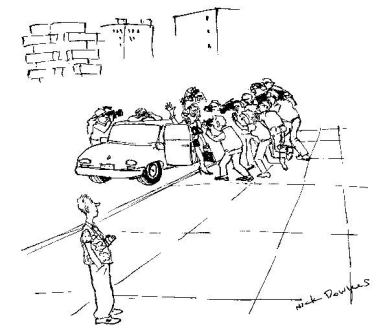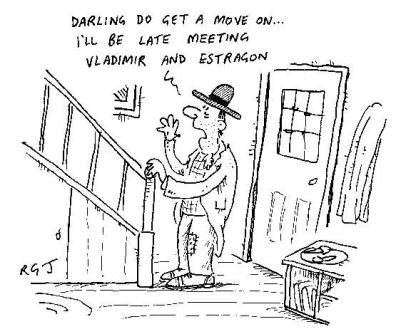Getting into character
Kindly publishers sometimes seek to soften the blow of rejection by offering reasons for saying ‘no thanks’. Kindly publishers sometimes seek to soften the blow of rejection by offering reasons for saying ‘no thanks’. One, for example, turned down a novel of mine because she ‘felt the lack of any character with whom the reader



